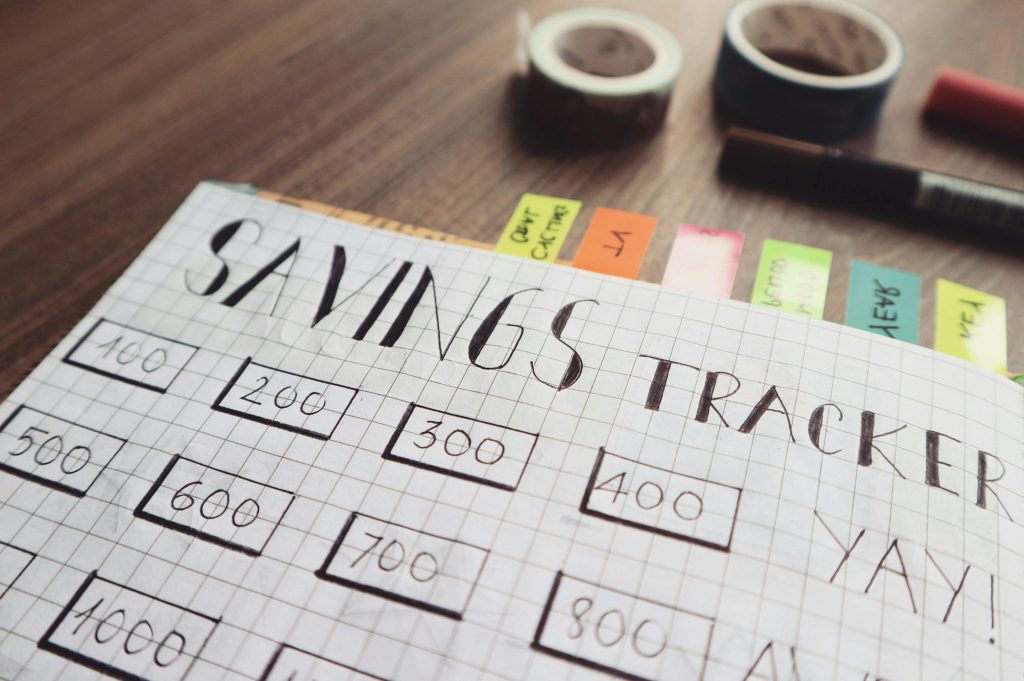“Ever tried teaching yourself tax planning and ended up more confused than before? Yeah, we’ve all been there.”
Tax planning isn’t exactly a walk in the park. With ever-changing laws, endless paperwork, and financial jargon that sounds like another language, self-teaching can feel like trying to solve a Rubik’s Cube blindfolded. Luckily, mentorship programs designed for tax planning courses are here to save the day—and your sanity.
In this guide, you’ll discover:
- The pain points of learning tax planning alone
- How mentorship programs turbocharge your education
- Actionable steps to find the right program for YOU
- Bonus tips (and one terrible tip)
Table of Contents
- The Problem with DIY Tax Planning Education
- Step-by-Step Guide to Finding the Best Mentorship Program
- Best Practices for Maximizing Mentorship Opportunities
- Success Stories: Real People Who Nailed It
- Frequently Asked Questions About Mentorship Programs
Key Takeaways
- Mentorship programs offer personalized guidance tailored to individual needs.
- Learning from a seasoned professional cuts down on time wasted navigating complex systems.
- Not all programs are created equal; vetting is essential.
What’s Wrong with DIY Tax Planning?
Let’s talk about the elephant in the room: Self-learning is overrated when it comes to tax planning. Sure, reading blogs and watching YouTube videos might work for setting up a home budget, but advanced strategies require something deeper. Something personal.
A Confessional Fail: I once thought buying an online course would magically make me a tax expert overnight. Spoiler alert—it didn’t. Instead of mastering deductions, I was drowning in spreadsheets and acronyms. It felt like trying to tune my car without knowing how engines worked—chaos on wheels.

Here’s why relying solely on DIY methods often backfires:
- No Accountability: Without deadlines or someone checking your progress, procrastination becomes second nature.
- Misinformation Risk: The internet has tons of advice, but not all of it is accurate. A single error could cost you big time during tax season.
- Lack of Context: Books teach theory; life throws curveballs. Mentorship bridges the gap between knowledge and application.
How to Find the Right Mentorship Program for You
Optimist You: “Follow these easy steps!”
Grumpy You: “Ugh, fine—but only if coffee’s involved.”
Finding the perfect mentorship program doesn’t have to be rocket science. Here’s your roadmap:
Step 1: Know What You Want
Are you looking to specialize in small business taxes? Or maybe estate planning? Clarify your goals first—otherwise, you’re just throwing darts at a wall.
Step 2: Vet Potential Mentors Like Sherlock Holmes
Look beyond flashy websites. Dig into reviews, testimonials, and LinkedIn profiles. Bonus points if they share quirky posts about their cat while explaining carryforward losses. Trust us, authenticity matters.
Step 3: Check Their Credentials (And Then Double-Check)
Ask yourself:
- Do they hold certifications like CPA or CFP?
- How many years of experience do they have?
- Have they successfully mentored others in your niche?

Step 4: Peek Behind the Curriculum Curtain
Syllabus quality matters. Look for interactive elements like live Q&A sessions, group discussions, and practical exercises. Passive learning won’t cut it here. Your brain needs action!
5 Tips to Get the Most Out of Your Mentorship Program
- Show Up Consistently: Even if it’s virtual, show face (literally). Presence = respect.
- Ask Stupid Questions: Seriously. If you don’t understand something, SPEAK UP. No judgment zone.
- Network Like Crazy: Fellow students may become future collaborators. Be friendly, not shy.
- Apply What You Learn Immediately: Practice makes permanent. Test new strategies ASAP.
- Avoid This Terrible Tip: Don’t try to memorize everything verbatim. Focus on grasping concepts instead.
Success Stories That Prove Mentorship Works
Meet Sarah, a freelance graphic designer who couldn’t figure out quarterly estimated taxes until she joined a top-rated mentorship program. Within six months, she slashed her tax bill by $2,000 and started booking smarter clients thanks to her newfound expertise.
“Having a mentor felt like having a GPS for taxes,” she says. Chef’s kiss indeed.

FAQs About Mentorship Programs
Q: How much do mentorship programs cost?
Depends on the provider. Prices range from $500 to thousands annually. Investment varies based on depth and duration.
Q: Can beginners benefit from mentorship?
Absolutely. Many programs cater to entry-level learners, offering foundational knowledge alongside advanced insights.
Q: Do employers value mentorship experience?
Yes! Employers love candidates who actively seek growth opportunities. Listing mentorship on your resume showcases initiative.
Conclusion
Mentorship programs aren’t luxuries—they’re lifelines for anyone aiming to excel in tax planning courses. By combining expert guidance with hands-on practice, you’ll avoid rookie mistakes and accelerate toward success.
To recap:
- DIY isn’t always better. Sometimes, help is heavenly.
- Vet programs carefully to ensure alignment with your goals.
- Tax planning mastery is closer than you think—with the right mentor.
P.S. Remember, consistency is key. Keep grinding, because like a Tamagotchi, your skills need daily care.


